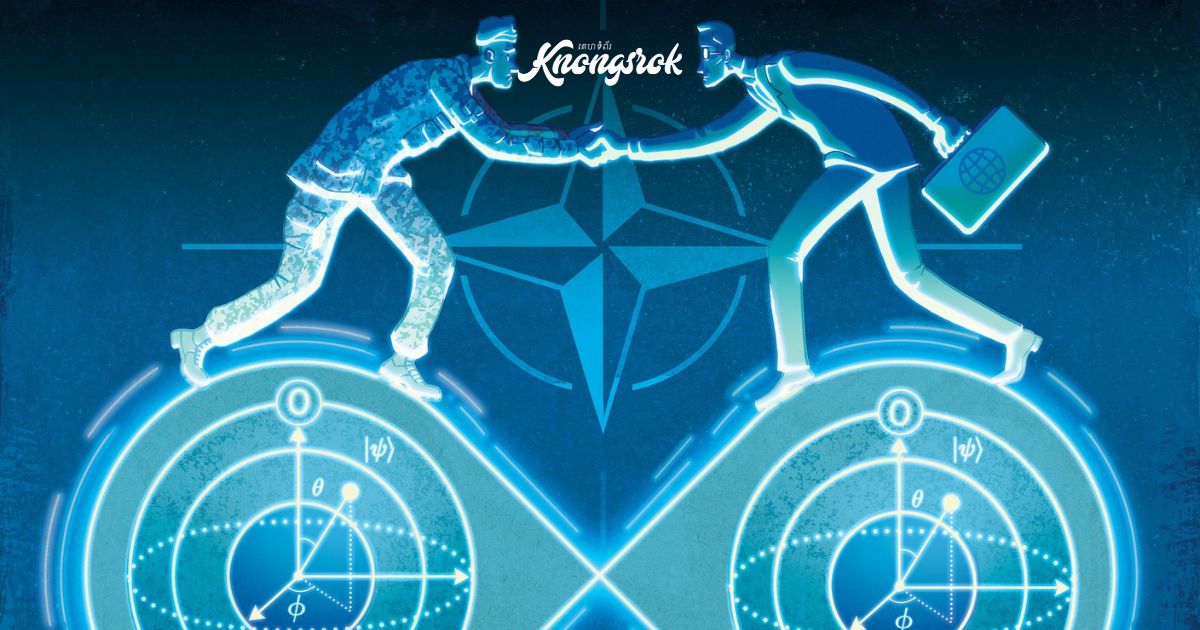Walking to a point where you are tired means you are tired.
It’s true that walking until you’re tired is a sign that your body is signaling fatigue. Physical exhaustion is often an indicator that you’ve pushed your body to its limit, and it’s essential to pay attention to these signals. Here’s a short reflection on what it means:
Walking to a Point of Tiredness: Listening to Your Body
When you walk or engage in any physical activity, reaching a point where you feel tired is your body’s way of telling you to slow down, rest, or take a break. Fatigue is the natural result of exertion, and it can be caused by a number of factors—your physical fitness level, the distance you’ve walked, or even external conditions like heat or terrain.
While some degree of tiredness is normal after exercise, it’s important to recognize when it turns into exhaustion. Pushing past healthy fatigue can lead to physical strain, injuries, or even burnout.
Here are a few things to consider:
•Pace yourself – Try not to push your body too hard. Gradually build up your endurance rather than trying to achieve too much at once.
•Stay hydrated and nourished – Fatigue can often result from dehydration or low energy levels.
•Listen to your body – Respect your limits. It’s okay to stop and rest if you feel drained or overexerted.
Ultimately, when you reach the point of tiredness, it’s your body’s way of telling you to care for it, helping you find a balance between pushing forward and taking a step back.
Does this fit with what you were aiming for, or would you like to expand on any particular aspect?














